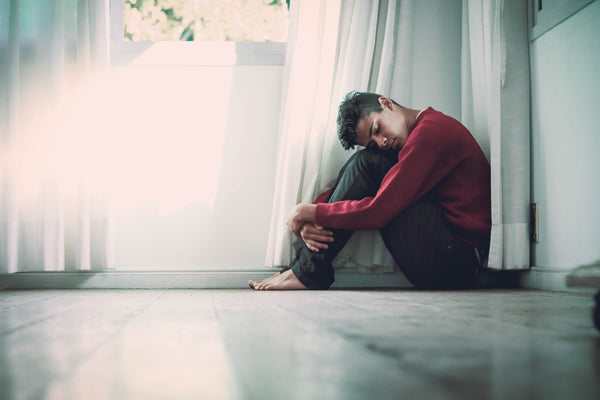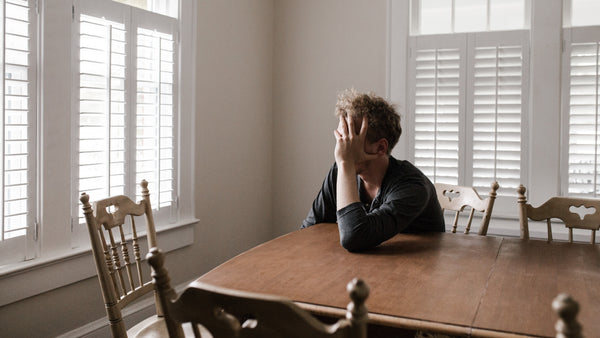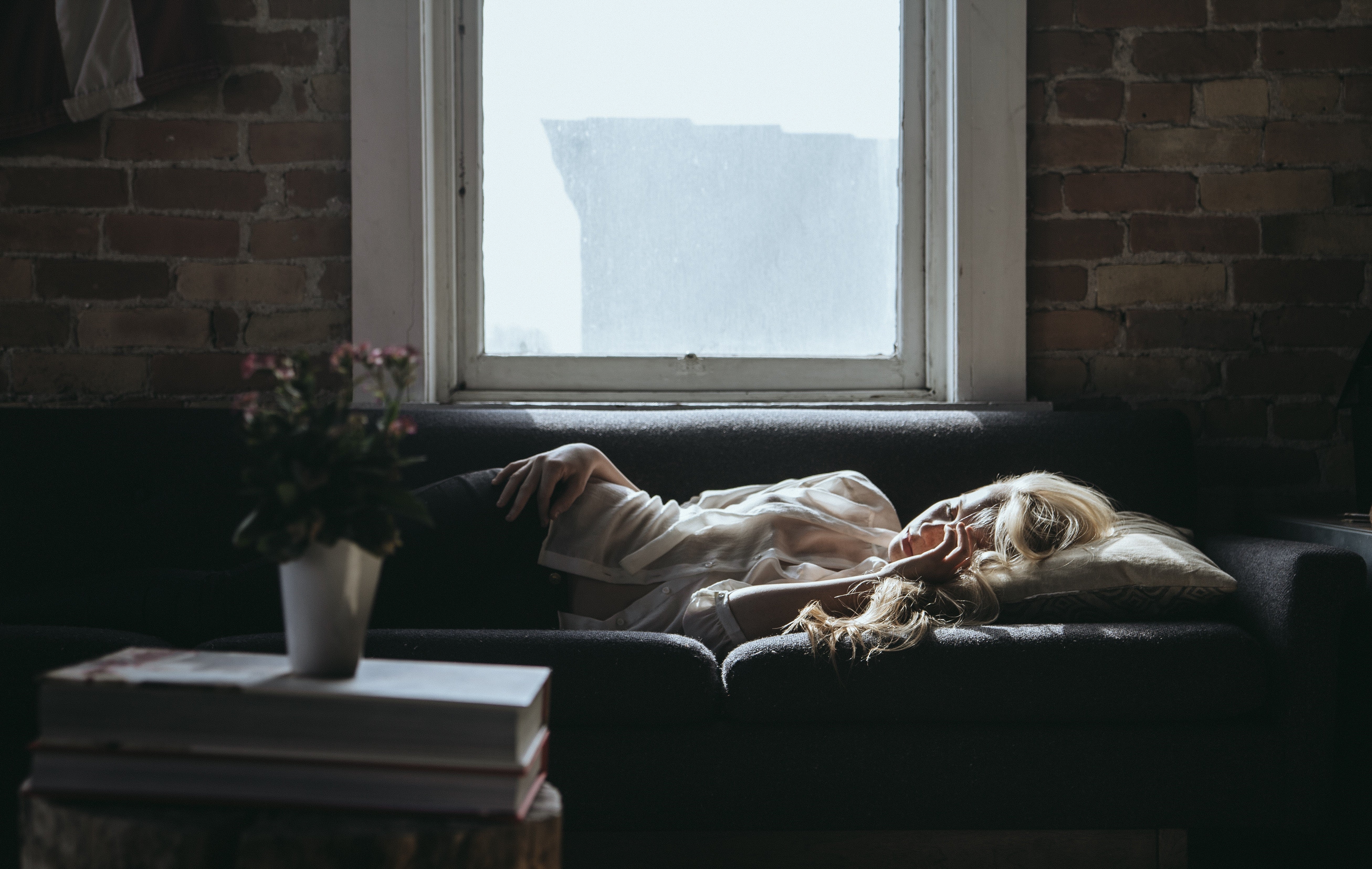Sleep apnea can be summarized as interruptions of variable duration in your breathing when you sleep, and affects men more often than women. But the health consequences of sleep apnea are very real and must be taken very seriously. Polysleep has been looking into the question.
What is sleep apnea?
Imagine if you stopped breathing for 10 to 30 seconds, several times an hour, for no reason and without any deliberate effort to hold your breath; scary enough, isn't it? Well that's what happens when a person suffers from sleep apnea! And if the vast majority of the time this person is unaware of it, the quality of their sleep is all the same affected since the night will often be interrupted due to micro-awakenings, which occur after a few seconds of apnea (luckily!).
Who can suffer from sleep apnea?

No one is immune to sleep apnea: your neighbour, your spouse, your parents, your postman, yourself… however, certain groups of people seem more likely to suffer from this condition:
- Men (2 to 3 times more men affected than women),
- People aged 65 and over (the frequency doubles or triples in this age group),
- Ethnicity (affects more Asians and African-Americans).
Various risk factors must also be taken into consideration. For example, if you are overweight, if your neck circumference exceeds 43 cm in men and 40 cm in women, or if other members of your family suffer or have suffered from sleep apnea, you will be at a greater risk of suffering from this problem.
What are the symptoms of sleep apnea?
On top of pauses in your breathing that last a few seconds, various adverse effects of sleep apnea can help to identify it:
- Great fatigue upon waking up (you know, you feel like you've slept an hour and a half when you've just slept 9?) and during the day
- Memory problems
- Heavy snoring (probably the most obvious symptom, especially for your bed partner!)
- Headaches upon waking up
- A feeling of suffocation during the night
Okay, and sleep apnea, what does that do to my daily life and my health?
Now that you may have figured out why you make as much noise as Thomas the Tank Engine when you snore, be aware that sleep apnea can lead to health problems that are not to be taken lightly, such as the onset or worsening of illnesses such as type 2 diabetes or high blood pressure, as well as loss of libido, chronic fatigue and even depression. Of course, these disorders are not solely related to sleep apnea, but sleep apnea may contribute to them!
Today’s number: 80%

Did you know that 80% of people with sleep apnea are unaware of their condition? That's how under-diagnosed this problem is! When in doubt, consult a health professional, who will help you regain a good night's sleep by implementing various measures that will not only help you sleep better, but will also improve your quality of life!
-
Improve your health practices.
Do you have atypical schedules, do you lack sufficient sleep, are you overweight or do you drink alcohol or use tobacco excessively? Changing your lifestyle habits could be of great help to you! Adopt a regular schedule, eat healthy and you should already be seeing a big difference!
-
Do you have a good mattress and a good pillow?
To sleep well, you need a good quality mattress that suits your needs. Since sleep apnea can be intensified if the neck and upper body are not sufficiently supported, a foam mattress that conforms to the shape of the body and reduces pressure points could be a good solution.
The same goes for the pillow, which should offer optimal support. In fact, to choose a pillow that will help with sleep apnea, several factors must be taken into account, including the use of a breathing apparatus against apnea. In fact, it will allow you to properly align your airways, helping you to breathe better—and snore less!
-
Adopt a good sleeping position.
Are you familiar with positional therapy? According to several studies, this method— which consists of sleeping on your side rather than on your back or stomach—has proven its effectiveness in cases of mild to moderate sleep apnea.
Okay, but how do you do that? How do you sleep just on your side, especially when you're quite the tornado? Different positional therapy tools are available on the market, such as a body pillow, which will prevent you from turning on your back. There are also sleeping shirts with foam cylinders in the back; you could also use your sewing skills and sew tennis balls into an old T-shirt!
-
Get a Continuous Positive Airway Pressure device (CPAP).
Consisting of a ventilation motor and a face mask, these devices blow pressurized air into the airways. But their high price (several thousand dollars, but paid for by several insurance companies) makes them a little less accessible.
In short, if you are affected by some of the following conditions:
- Heavy snoring,
- Chronic exhaustion,
- Excess of weight,
- Head aches upon waking.
You might be suffering from sleep apnea; consult a specialist in the field to avoid future inconveniences!
If you've enjoyed this blog post, don't hesitate to Share it by clicking on one of the buttons below!










